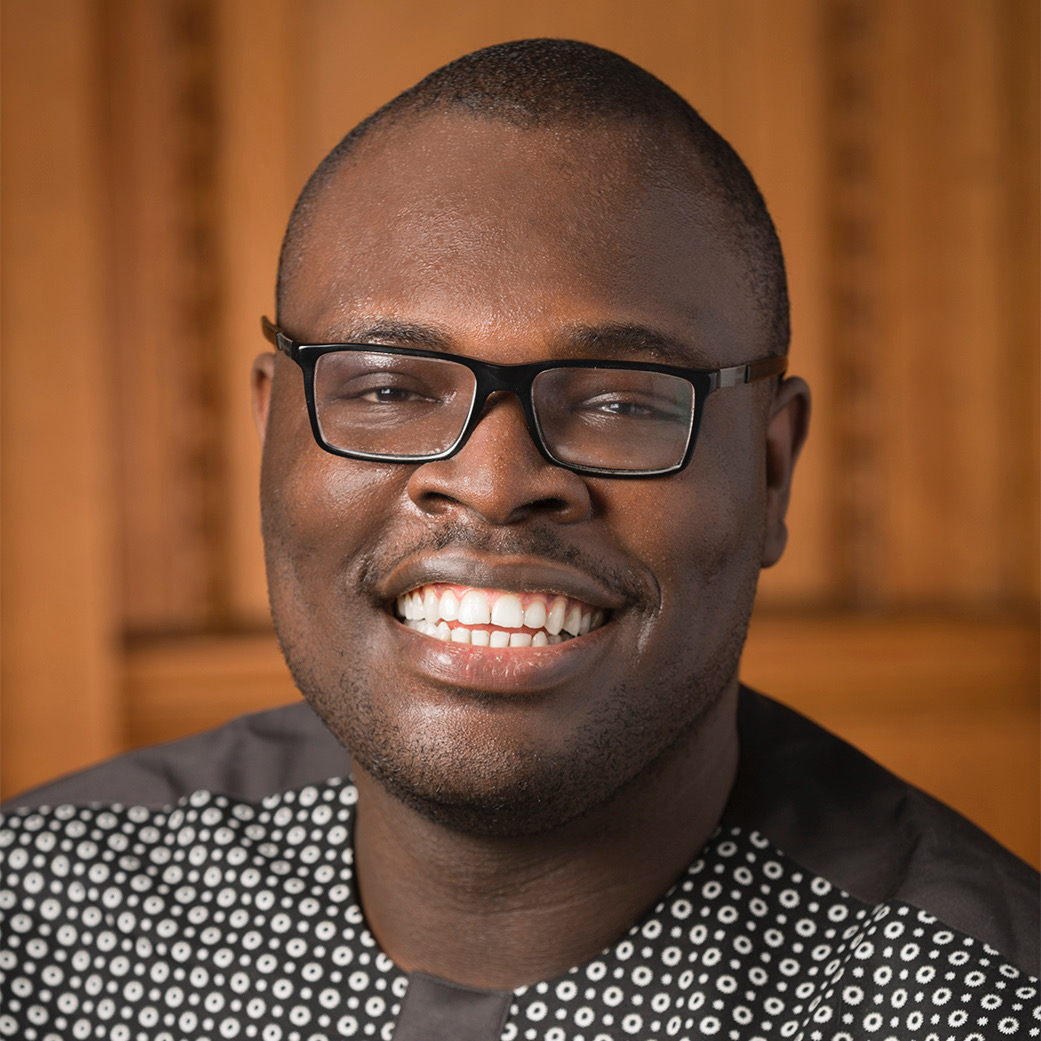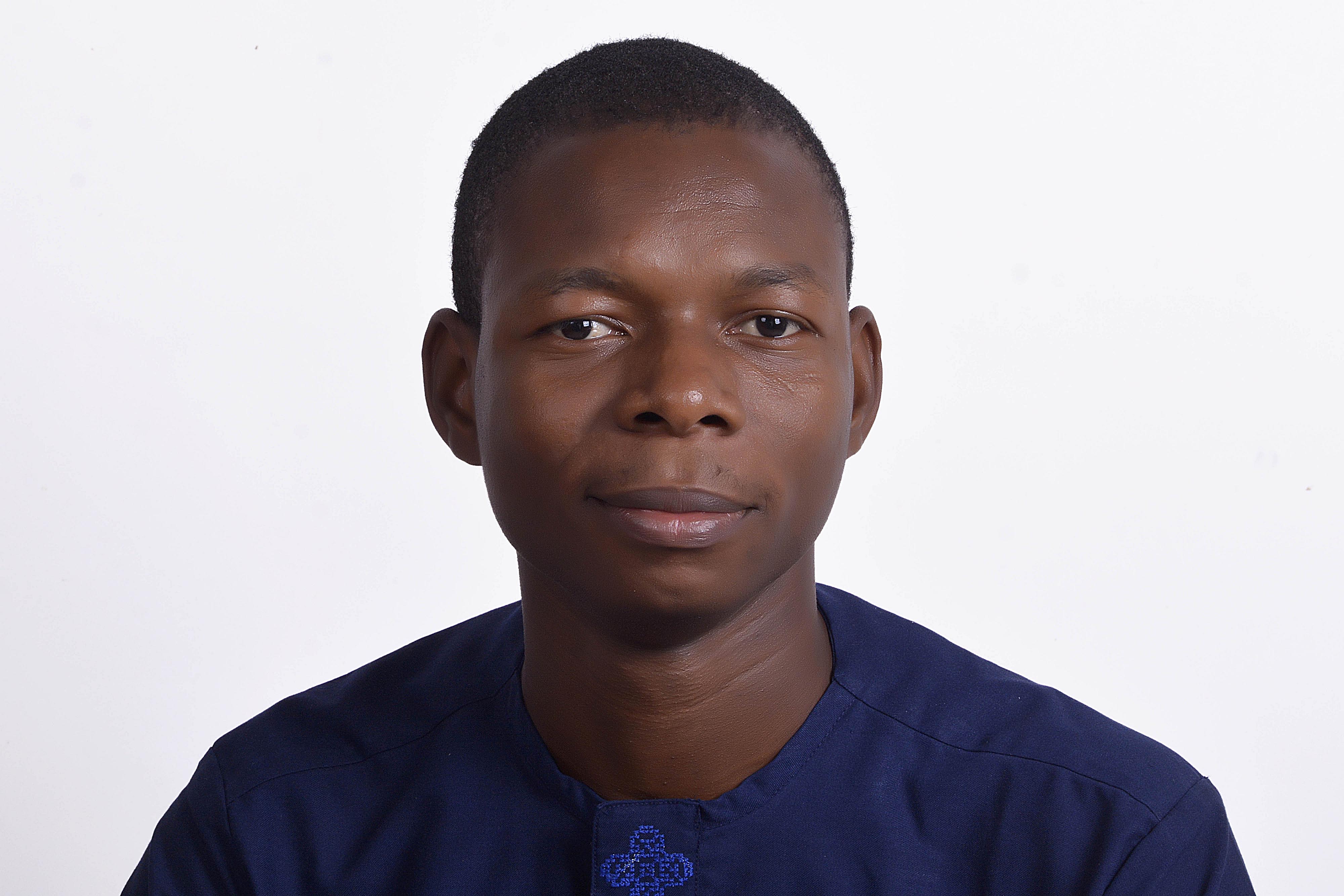by Chude Jideonwo and Damola Morenikeji
One of us recently shared about an encounter with a leading political elite and the bizarreness they showed about dedicating attention to joy. When the matter being discussed is joy, or happiness or some other subject deemed too fluffy to be serious about, we have seen people feign indifference. Other times, it is surprise. With the rise in depression and loneliness that may be caused by the now-infamous spray of self-quarantine, you can see people showing concerns.
When people talk about happiness and resilience of Africans, they often talk about it sometimes without putting to context what is happening in other countries of the world. As Nigerians, we both remember sometimes in 2011 when Nigerians were once been dubbed the happiest people on earth. Some others have made allusions linking the state of happiness to the latest policy from a business leader at work, or from a government have made Africans the happiest of all. Often times, without a larger context, unfortunately, we miss the point.
Providing these contexts for about eight years has been the World Happiness Report. Launched in 2012, the World Happiness Report has been an annual survey of the state of global happiness that ranks 156 countries by how happy their citizens perceive themselves to be. Written by a group of independent experts acting in their personal capacities, the World Happiness Report is produced by the Jeffrey Sachs-led United Nations Sustainable Development Solutions Network in partnership with the Ernesto Illy Foundation.
As interpreters of the evidence across disciplines centred on joy, when people ask us about the state of happiness in Sub-saharan Africa where we work, our wont is to direct them to the duo of the World Happiness Report and the Global Happiness and Wellbeing Policy Report (produced by the Global Happiness Council).
The happiness report – like other reports in that theme, including the happiness and wellbeing policy report, the Nigeria Happiness and Depression Report – brings to our consciousness the state of our world, what works – backed by data – and what can be. The essence of these reports is to remind and prod us to take action. In a world where building the foundations of human flourishing, wellbeing and happiness are primal to building sustainable societies, and enabling the human spirit to thrive, the impact of this prodding is underestimated.
The report – and the adjoining – has focused on a variety of issues including the happiness of immigrants, the evolution of happiness over the past dozen years, and how social norms, conflicts, technology and government policies that have driven those changes. Other topics treated had included the need to rethink economic sources of well-being, the dichotomy in the rise of higher income and social trust, and the relationship between happiness and voting patterns.
As of 2019, none of the countries in Africa is listed among the happiest countries in the world. Previous editions had shown examples of how happiness is perenially sustained in the Nordic countries, and we’ve seen other examples of nations – from the United Arabs Emirates to Australia, Switzerland – working to place wellbeing at the centre of their development. The responsibility of businesses and governments is to cultivate the environment that makes it possible not only to think about this, but to take serious human happiness and flourishing.
And happiness – just like joy, human flourishing and trust – is not about sporadic laughter or happiness for the sake of it, but more. It is about thriving in a state of centeredness of body, mind, heart and spirit. It is about acknowledging that most people – even if it is in your closely curated circle – can be trusted. It is about having safe and warm spaces, across business, government and culture, for individuals to thrive irrespective of their differences – in faith, in gender, in race and in upbringing. It is about being your deepest, truest self, and finding, with ease, someone to count on when in trouble. It is the sanctity of life being treasured, of accepting the freedom to choose what to do with life, and knowing that whatever it is, however vain it may seem, it is worthwhile. It is the acknowledgement that society has systems in place to promote justice and hinder the flourishing of corruption. And when those systems don’t count, it is peace of mind – while making the highest quality of demand – and peace from mind while accepting things as they are.
If taken seriously, our business and political leadership would have learnt that it makes more sense for our immediate society and the future we hope to create to treat everyone kindly and justly. That equity (especially in the context of providing all people including women with environments for them to flourish) is not a task for political gain. The basic inequality in societies, we have learnt, is between people with different levels of happiness, not just different levels of income and opportunities. In their book, “The Origin of Happiness: The Science of Well-Being over the Life Course”, researchers Andrew Clark, Richard Layard and their colleagues posited that “the biggest single family determinant of a child’s well-being is the mental health of the mother, and this is also the biggest determinant of a child’s behaviour. By contrast, the biggest family factors affecting academic performance are the family’s income and parents’ education”.
Maybe a deeper question to rumble with will be ‘what systems create the best conditions for happiness, and how can nations in Africa and around the world bring about the sustenance of such conditions?’.
This question becomes more important when you consider the changes that had occurred across the world in the last weeks due to the spread of the Coronavirus. We don’t always have to wait for pandemics, or unrest or shock to change how we do things, or before we can take human happiness and flourishing seriously.
One way is to make a firm commitment to ingraining the goal of promoting human happiness into the systems of the organisation, and we use the word organisation in the broadest scope to encapsulate a department of government, a corporation or an NGO. Doing this influences how processes are being executed, it influences how the values are adhered to, what type of people are hired. Since no commitment, without adjoining actions stand the test of time, we should go beyond commitments to designing, implementing and iterating on policy changes that have longer-term effects and produce outcomes that can be evaluated.
The next edition of the World Happiness Report will be published on March 20, 2020, commemorating the International Day of Happiness. If we have not paid enough attention, this is the time to. And if we have not had enough diversity in the curation of this report, this, too, is the time to rethink our approach of what it should be. And if like the politician above, you need a reminder that happiness is possible on your terms regardless of externalities, this is your answer.



